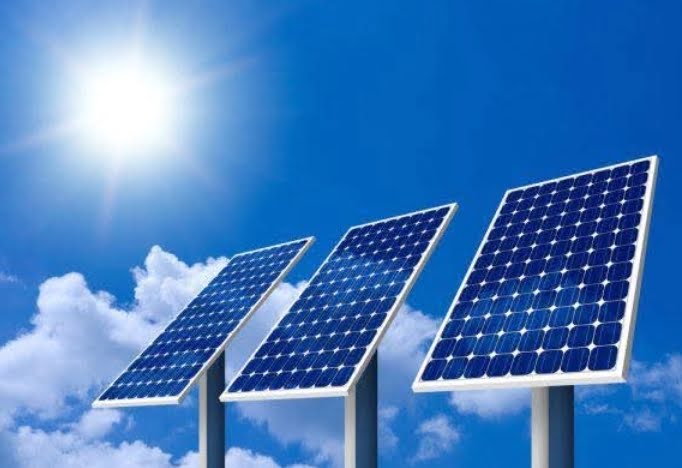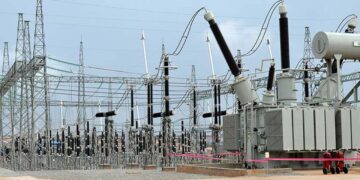The Federal Government, working with private investors, is starting new projects to boost local battery production and give Nigerians cheaper and cleaner fuel options.
Nigeria’s push for affordable and sustainable energy is growing. New plans were launched to close the country’s energy gap, create jobs, and build local technology.
At an event to launch a mobile solar generator and youth training program, Mustapha Abdullahi, CEO of the Energy Commission of Nigeria, said the government is working hard to support local battery and solar panel production. He explained that Nigeria has a lot of lithium, yet still imports batteries. The government now wants to produce them locally and is already signing agreements with top solar manufacturers to set up factories in Nigeria.
Abdullahi said once mass production begins, the President is ready to stop imports of batteries and solar panels. He also highlighted Nigeria’s small pilot solar panel factory, which produces 10,000 kWh yearly, but said much larger projects are on the way with help from investors. The goal is for 30% of Nigeria’s energy to come from renewable sources like solar, wind, and hydro.
Abdul Gbadamosi, CEO of Citibim Nigeria Limited, said his company has built a mobile solar generator to reduce reliance on petrol generators. He explained that the company is also training young people in new technologies like AI, geo-intelligence, and virtual reality through a bootcamp. Their solar model also allows users to earn money by renting out energy to neighbors, potentially making ₦20,000–₦30,000.
On natural gas, Jide Awolowo, coordinator of the Presidential Compressed Natural Gas Initiative (PICNG), said over 100,000 cars have already been converted to use CNG instead of petrol, with a target of 1 million by 2027. He added that CNG fuel stations have grown from 11 to over 60, with 175 more expected this year. Private investors have already committed more than $1 billion.
There are now 300 conversion centers, and by 2027, Nigeria hopes to have over 10,000. Training programs are being set up to prepare youths for jobs in this sector.
In short, Nigeria is partnering with investors to:
- Produce batteries and solar panels locally.
- Expand mobile solar energy use.
- Grow CNG adoption as a cheaper alternative to petrol.
These efforts aim to cut energy costs, reduce imports, and create thousands of jobs while moving Nigeria toward cleaner energy.
































